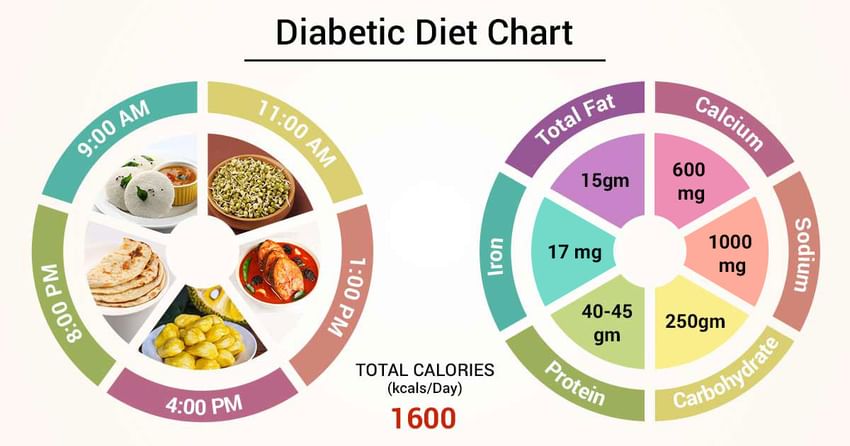Diabetes type 1 is when
the bets cells in the pancreas don’t produce insulin. And type 2 diabetes, the
more common of diabetes, is when the beta cells produce the insulin but the
body either rejection it or the body doesn’t produce enough. Insulin is an important
hormone that the body needs to regulate the fats and sugar with in the body.
Insulin also help the glucose to into the cells to be stored for energy.
There are two methods
to correct each type 1 and type 2 diabetes. One of the methods is injections of
insulin to balance the insulin within your body. The other is having a healthy
life style such as exercising, not smoking and eating healthy.
Your doctor will
discuss to you which one would be best fit your needs, but your doctor should recommended
you to see a dietitian with a diabetes diet, this will help you control your
blood sugar level and also manage your weight. Your body can create an excess
amount of glucose in the blood from large amounts of calories and fat.
If your glucose goes
unchecked it can lead to be serious problems, for example hyperglycemia which
is a dangerous high blood level of glucose. Along with complications with the
nerves, kidney and heart damages. By having a diabetes diet you can keep your
glucose in check. In type 2 diabetes just by losing weight can reduce the
severity of the symptoms.
Something that easy to
remember about a diabetes plan is learning your ABC’s. A is for A1C, also known
as hemoglobin A1C test, this measures the average blood sugar. The B stands for
blood pressure and the C is for cholesterol.
Recommended foods for a
diabetes diet are healthy carbohydrate, such as vegetables, whole grains, fruits,
and low-fat dairy products. Fiber-rich foods because these foods can help
control blood sugar levels and decrease the heart disease risk. Heart-healthy
fish at least twice a week, avoid friend fish but eat fish like salmon, tuna
and sardine because if the omega- 3 fatty acids. The omega- 3 fatty acids is
good for the heart by lowering blood fats. Although, you should stay away from
fatty foods, ‘good' fats such as almonds, pecans, walnuts, olives and canola
are great for lowering your cholesterol.
Some foods in your diabetes
diet should be taken moderately or none at all. Tran’s fats should be
completely avoided whereas; you should aim for no more than seven percent of
your daily calories from saturated fats. You should have no more 300 milligrams
of cholesterol and aim for less than 2,300mg of sodium a day.
Having a diabetes diet
is more beneficial than just your diabetes, because this diet requires such
decent sizes of amounts of veggies, fruits and fiber can also lower the risk of
certain types of cancer and cardiovascular diseases. As well as the reduction of your risk of low
bone mass in the future because of all the low- fat dairy products that you
drink.


No comments:
Post a Comment